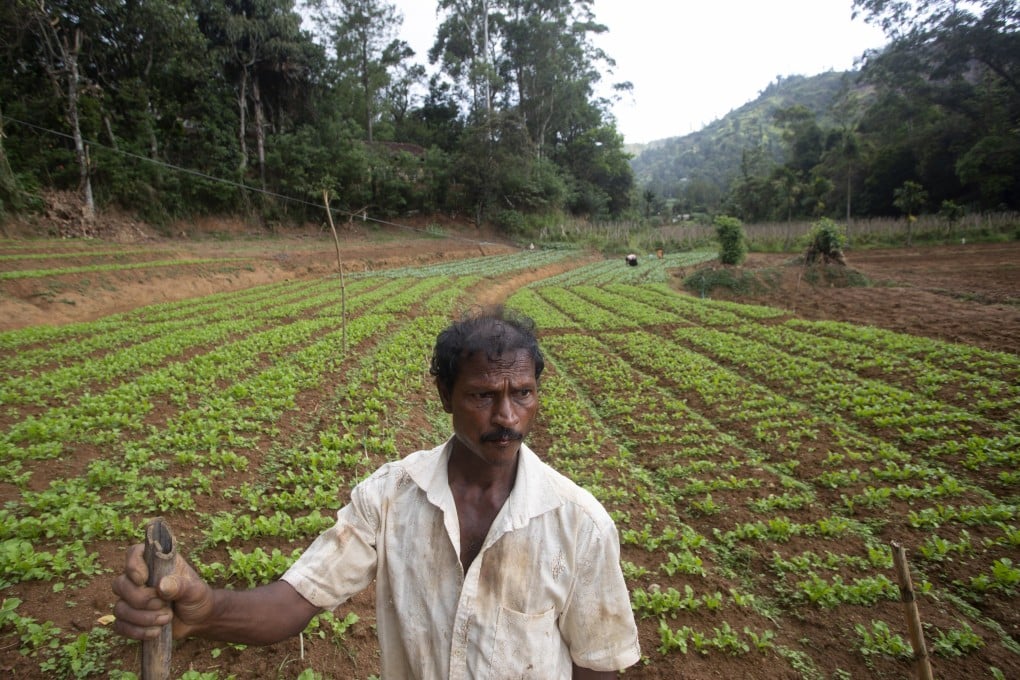Another China bailout? Fallout from crisis-hit Sri Lanka’s failed ‘organic utopia’ hurts hopes of a lifeline
- A dispute over a fertiliser shipment has threatened Sri Lanka’s hopes of another bailout from China, which it already owes more than US$5 billion in loans
- Dwindling foreign reserves, a tumbling currency and rising debt levels have dogged the island nation in the last year, leading to increasing fears of a default

Colombo’s ban on pesticides, herbicides and chemical fertilisers, which came into effect in May, was fuelled by concerns for citizens’ health, according to the strongman populist president, Gotabaya Rajapaksa. Critics, however, saw the halt on imports as an attempt to preserve fast-dwindling foreign-exchange reserves, which have slid to US$2.3 billion from US$7.5 billion when his ultranationalist government came to power nearly two years ago.

Earlier in November, Colombo rejected a 20,000-tonne shipment of organic fertiliser from a Chinese company over biosecurity concerns, amid allegations it was “contaminated” with “soft-rot causing Erwinia”. Ceylon Fertilizer Company got a court order to stop the People’s Bank of Sri Lanka – both of which are state-owned – from handing over a US$4.9 million payment to China-based Qingdao Seawin Biotech, which exports seaweed-based fertiliser to more than 50 countries including the US and Australia. Beijing responded by blacklisting the bank, saying that samples of the fertiliser had cleared third-party testing, as Qingdao Seawin Biotech demanded US$8 million in compensation for “loss of reputation”.
As Colombo pondered its next course of action, the vessel carrying the fertiliser – referred to as both the Hippo Spirit and Seiyo Explorer in reports – remained at rest in waters off Sri Lanka’s coast. A decision came on the same day as Rajapaksa’s organic utopia U-turn, when local media reported Qingdao Seawin Biotech would be paid US$6.7 million after it had agreed to take the shipment back and provide new stocks of fertiliser. “We cannot afford to damage diplomatic relations over this issue,” Agriculture Minister Mahindananda Aluthgamage told the country’s Sunday Times newspaper.
Sri Lanka has become increasingly reliant on China – its biggest foreign investor and a major trading partner – for loans, which Beijing has in the past been only too happy to provide to a small island nation it sees as a strategic Indian Ocean hub. A US$500 million loan from the China Development Bank was announced just this April, adding to the estimated US$5 billion-plus already owed to China from past loans. Amid the recent cooling in ties over the fertiliser shipment however, Beijing – which is contending with its own economic challenges – has given no signal it will bail out Colombo again.
Printing money
